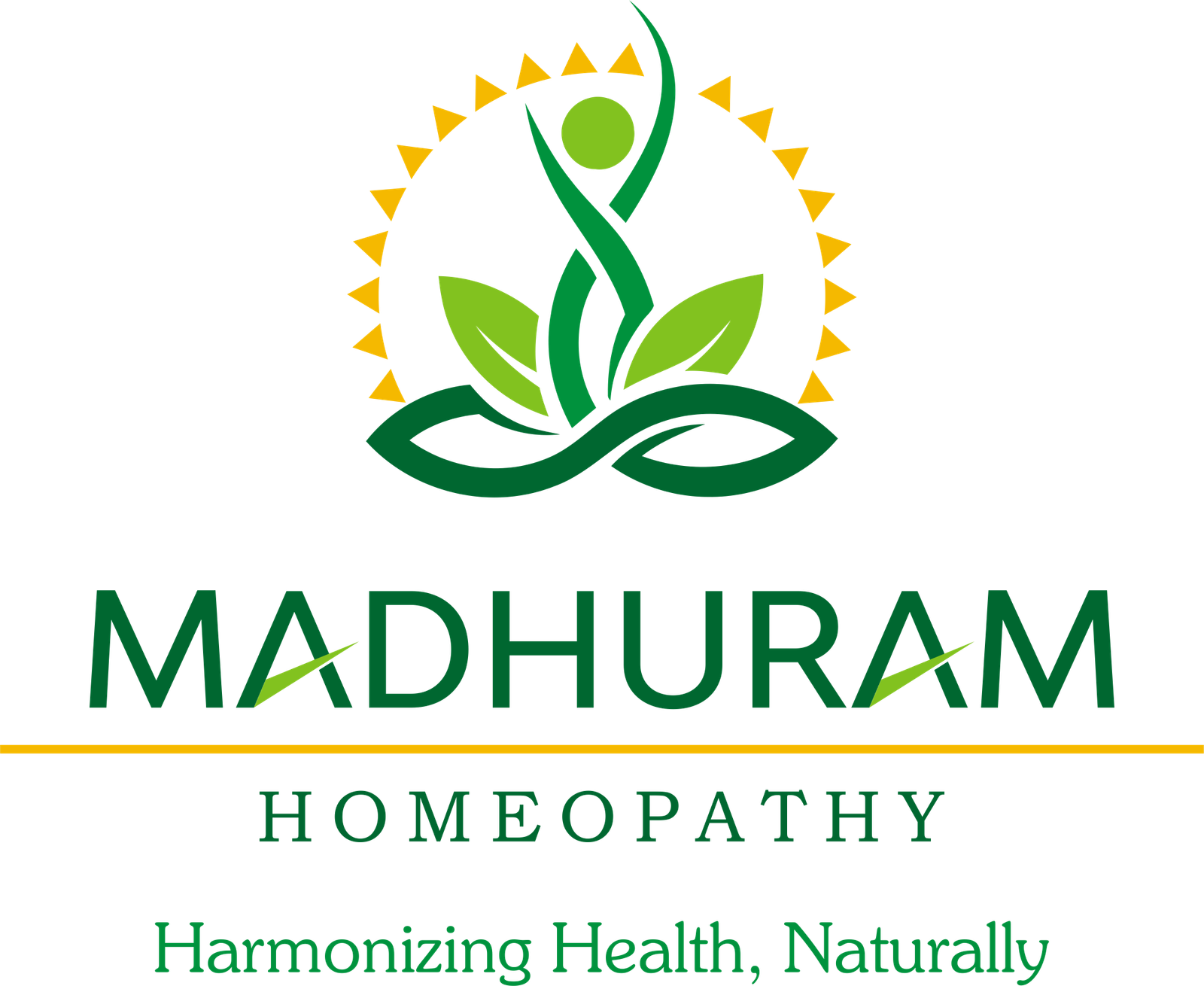Book Appointment Now
Depression
What is Depression?
Depression (Major Depressive Disorder) is a mental health condition that affects a person’s mood, thoughts, and behavior. It causes persistent feelings of sadness, hopelessness, and loss of interest in daily activities. It is more than just feeling sad; it is a serious condition that can impact both mental and physical health.
Causes of Depression:
🧠 Chemical Imbalance – Low levels of serotonin, dopamine, and norepinephrine in the brain.
🧬 Genetics – Family history of depression increases the risk.
💔 Trauma & Stress – Loss of a loved one, abuse, or financial problems.
🏥 Chronic Illness – Conditions like diabetes, heart disease, or chronic pain.
💊 Medication Side Effects – Some drugs (e.g., steroids, birth control) can trigger depression.
🍷 Substance Abuse – Alcohol and drug use can worsen depression.
Symptoms of Depression:
😞 Emotional Symptoms:
🔹 Persistent sadness, hopelessness, or emptiness.
🔹 Loss of interest in activities once enjoyed.
🔹 Feelings of guilt, worthlessness, or self-hate.
🔹 Suicidal thoughts or self-harm.
🧠 Cognitive Symptoms:
🔹 Difficulty concentrating or making decisions.
🔹 Negative thinking patterns.
🔹 Memory problems.
💪 Physical Symptoms:
🔹 Fatigue and low energy.
🔹 Changes in sleep patterns (insomnia or oversleeping).
🔹 Appetite changes (weight loss or gain).
🔹 Unexplained body aches, headaches, or digestive issues.
Types of Depression:
Major Depressive Disorder (MDD) – Intense depression lasting more than 2 weeks.
Persistent Depressive Disorder (Dysthymia) – Chronic low mood lasting over 2 years.
Bipolar Depression – Mood swings between extreme highs (mania) and lows (depression).
Postpartum Depression – Depression after childbirth.
Seasonal Affective Disorder (SAD) – Depression that occurs in winter due to lack of sunlight.

